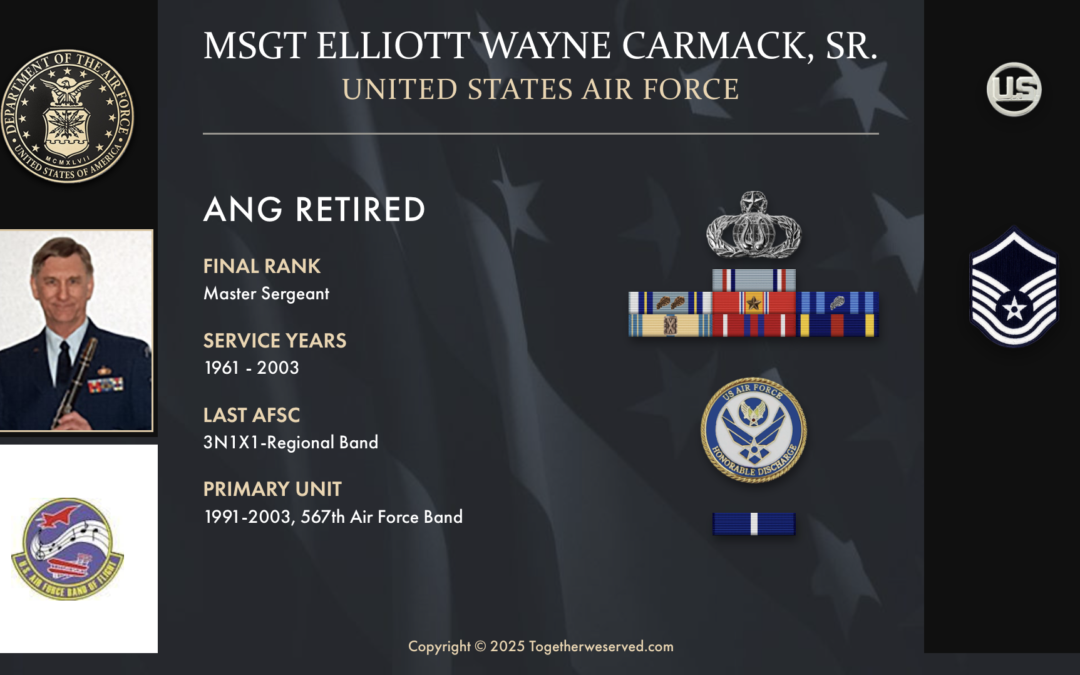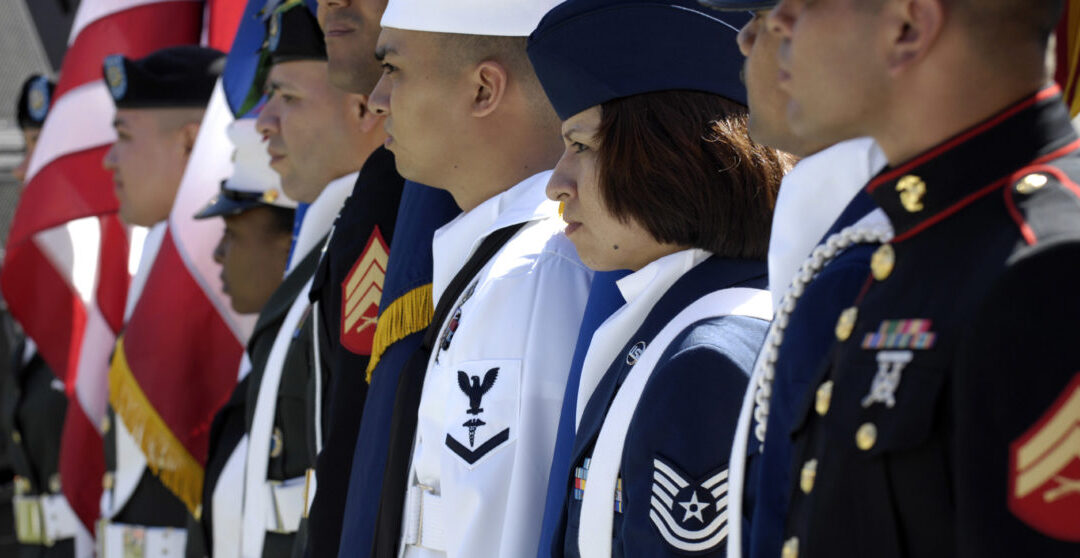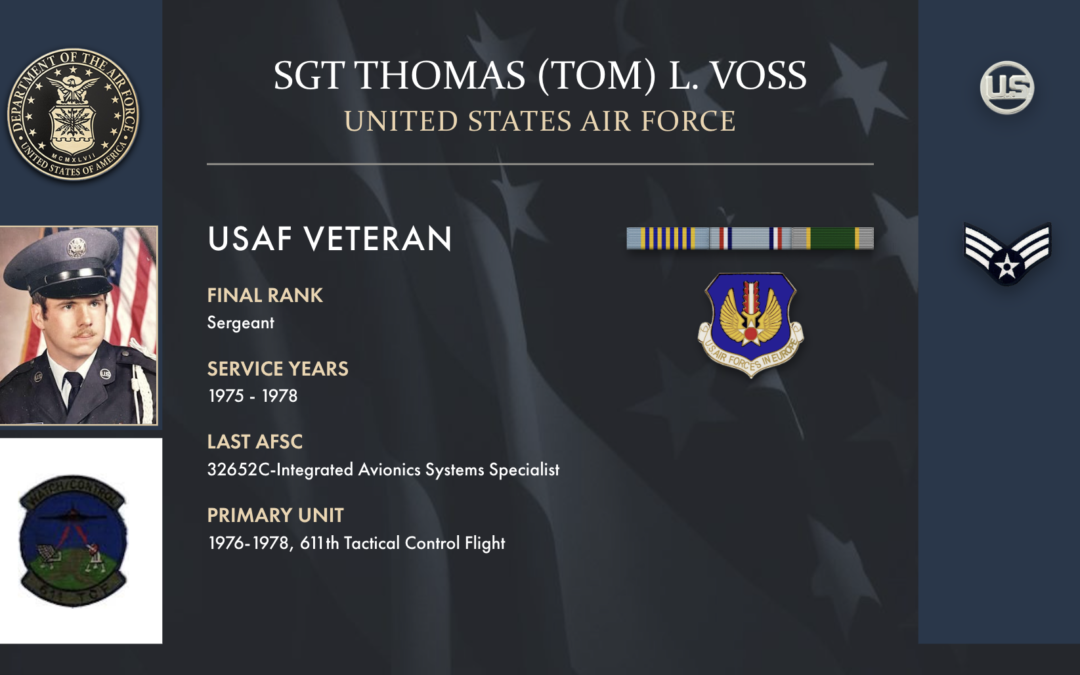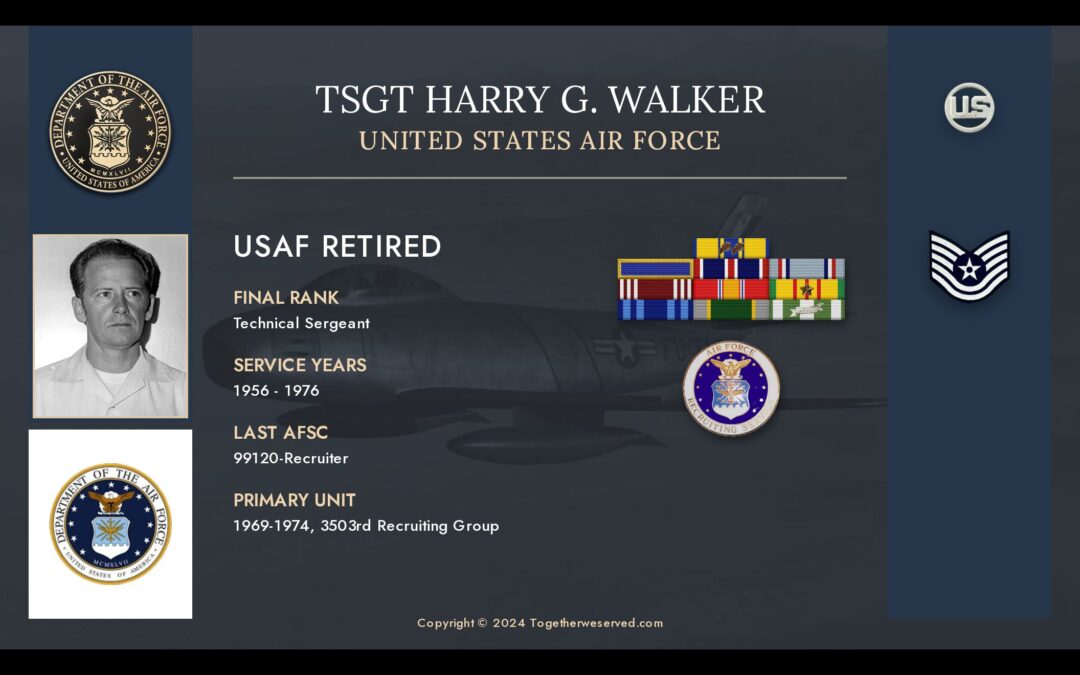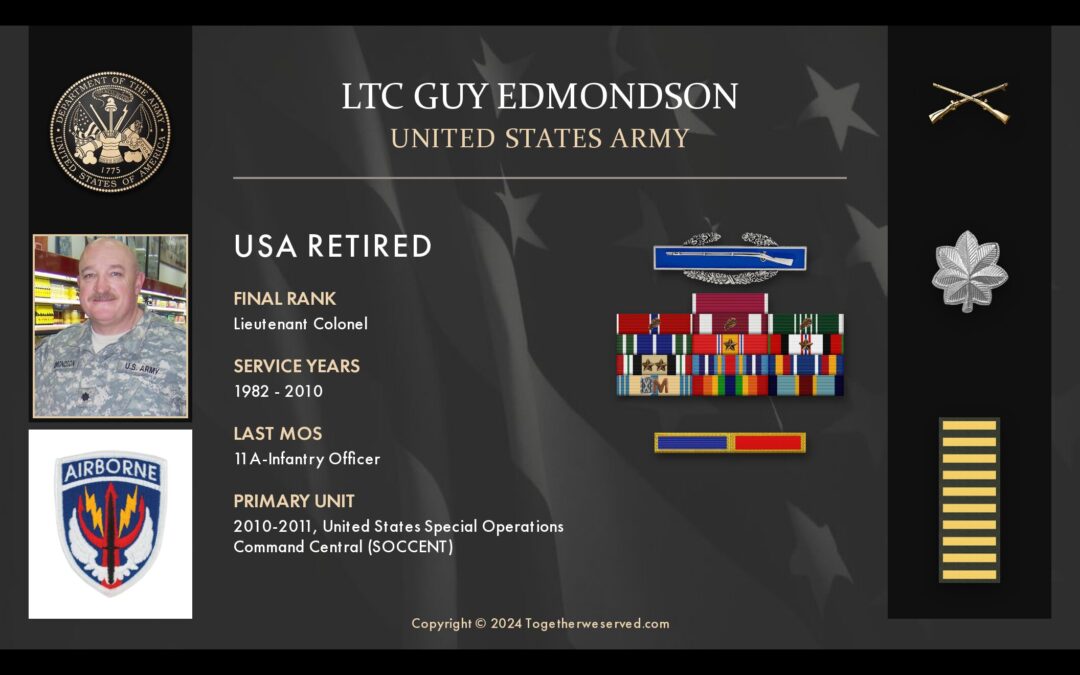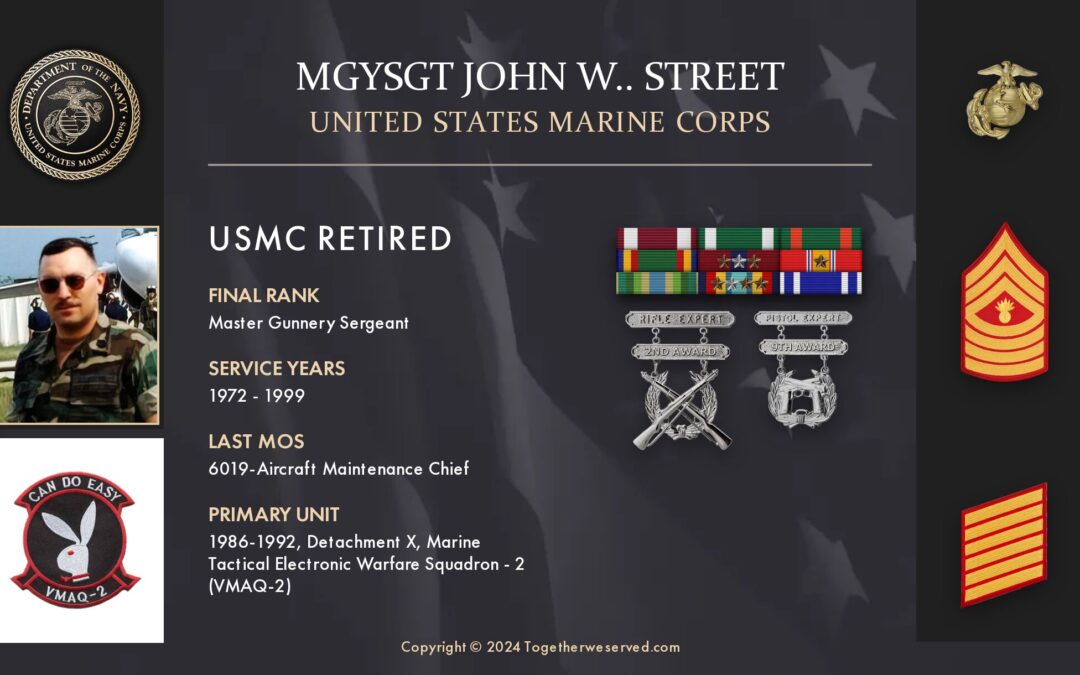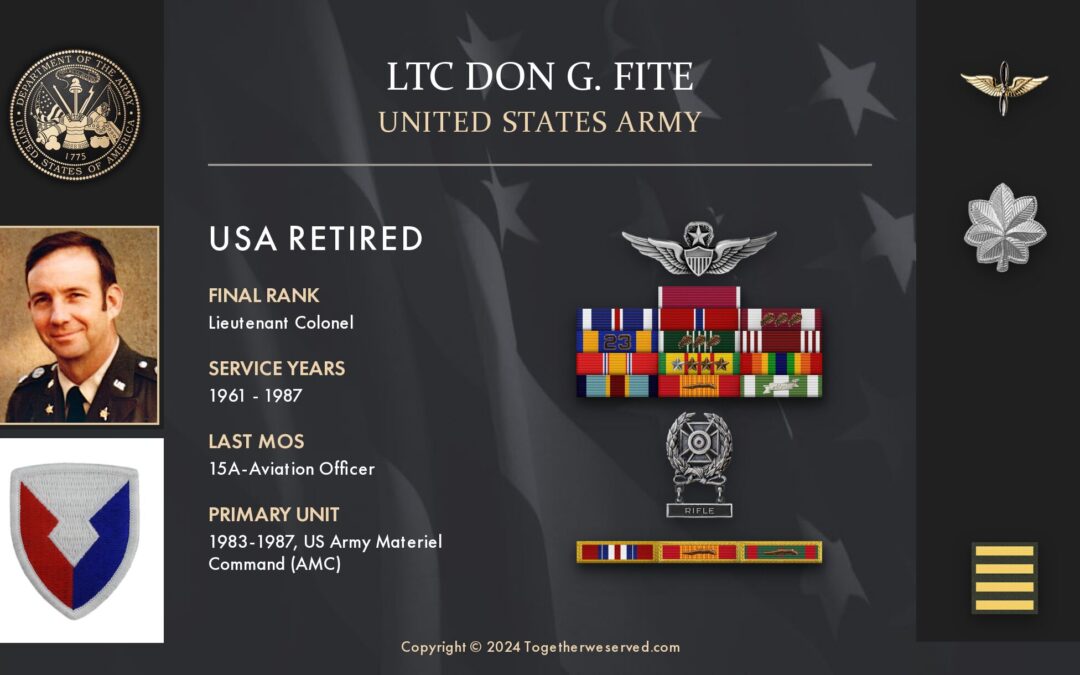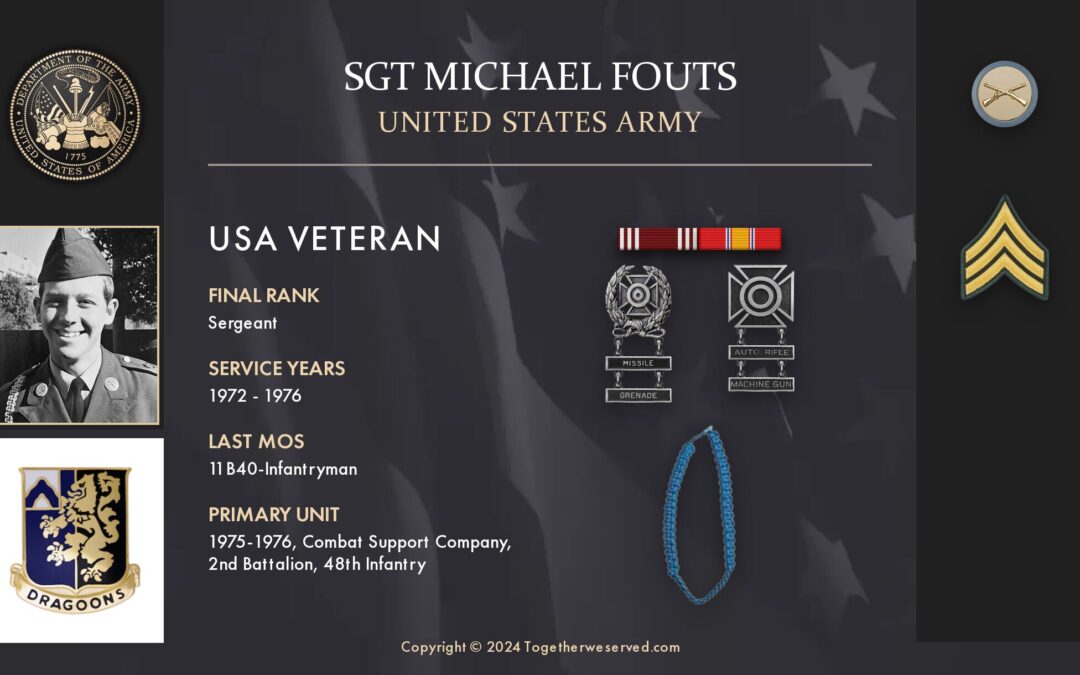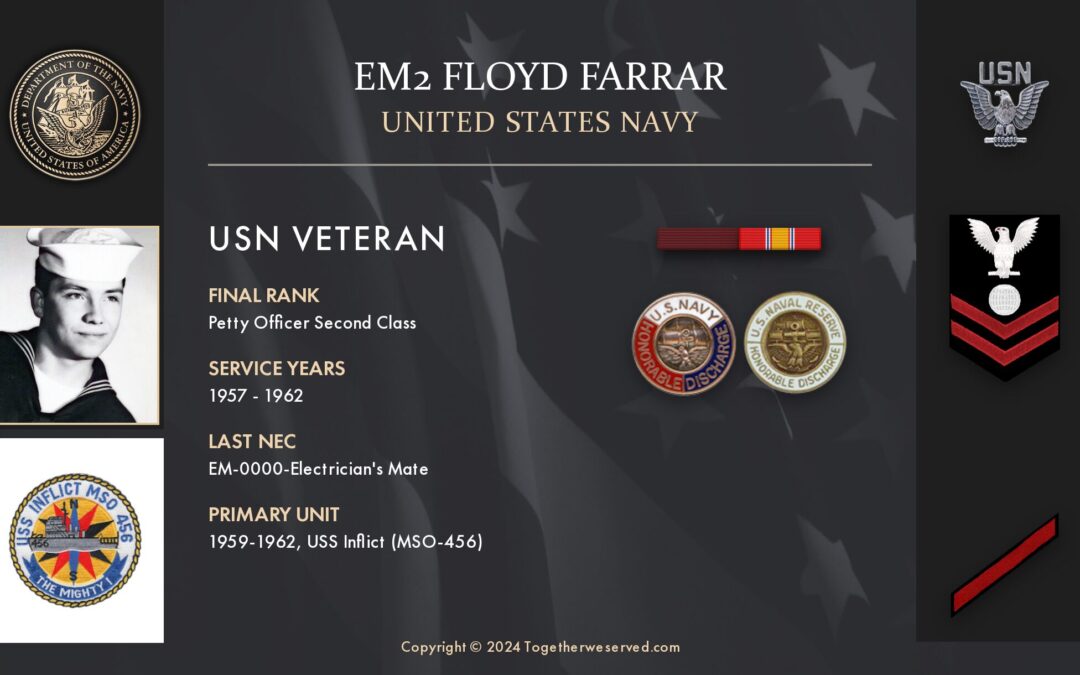I graduated from high school on May 23, 1975, and I had originally planned to attend Vincennes University to become a Conservation Officer. My dream was to be a police officer, but I could not afford the tuition at the time. In June 1975, SSgt Terry Johnson, USAF Recruiter, called from his office in Logansport and asked me to come over and talk with him. He provided me with the option to join the USAF as a Security Police officer, with the guarantee that after Basic Training, if no SP positions were available, I could cross-train to another field or process out with an Honorable Discharge. I figured Uncle Sam would always need cops, so I headed to the AFEES at 141 S. Meridian in Indianapolis on July 10, 1975, for my physical and took an oath to serve, protect, and defend the United States as a member of the USAF Reserve. I went home to finish my work schedule and returned to Indianapolis on October 2, 1975, where I went on active duty in the USAF.

